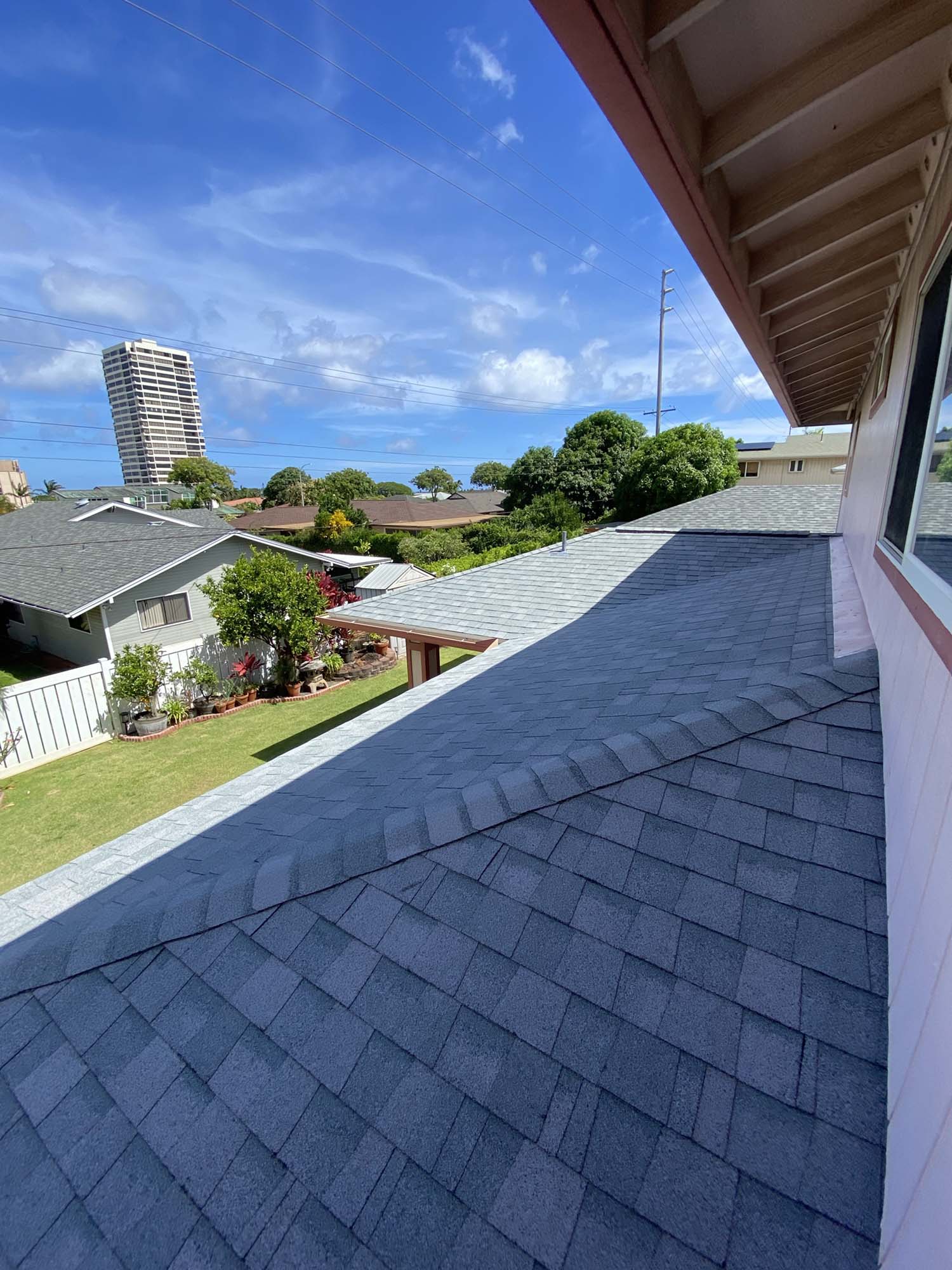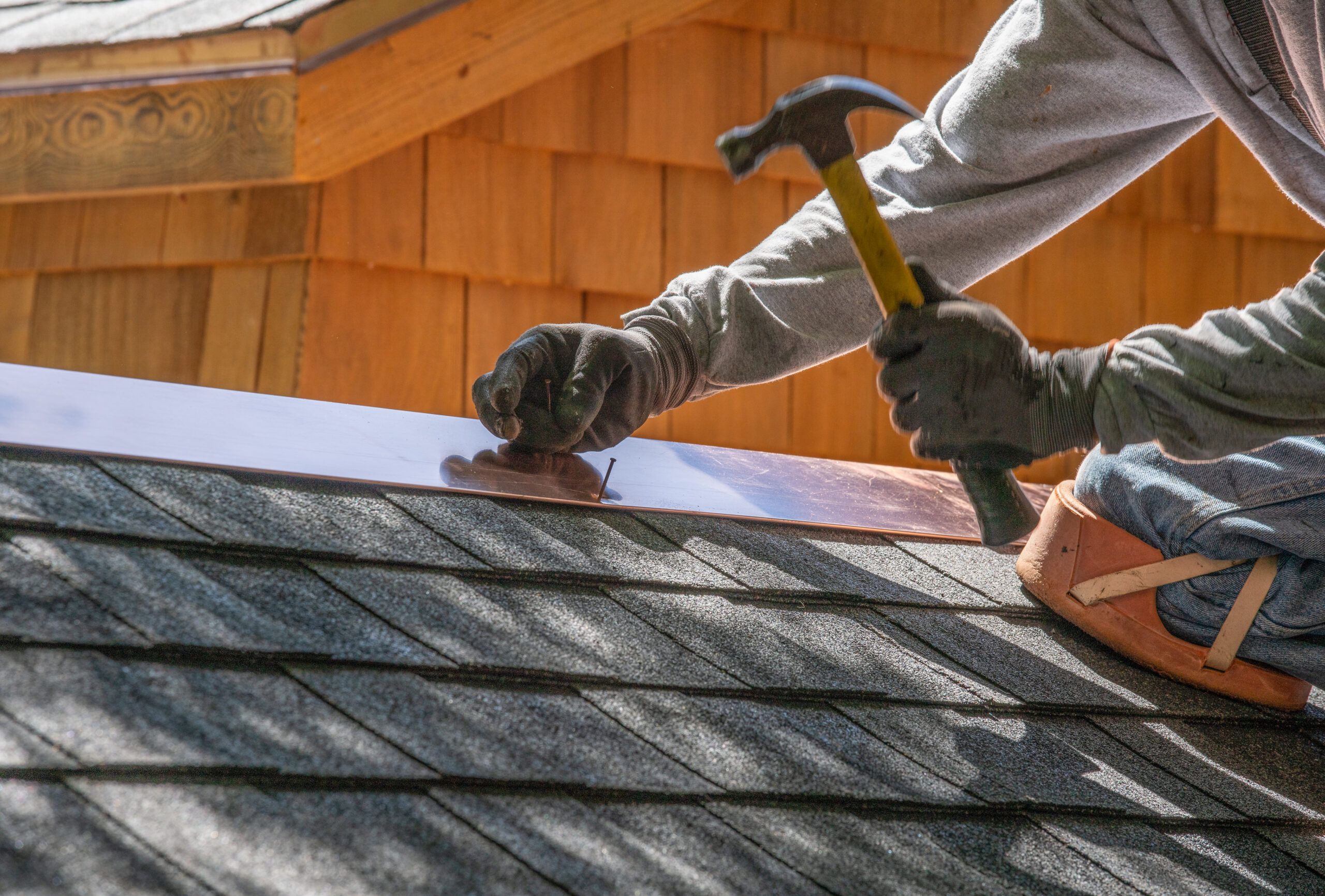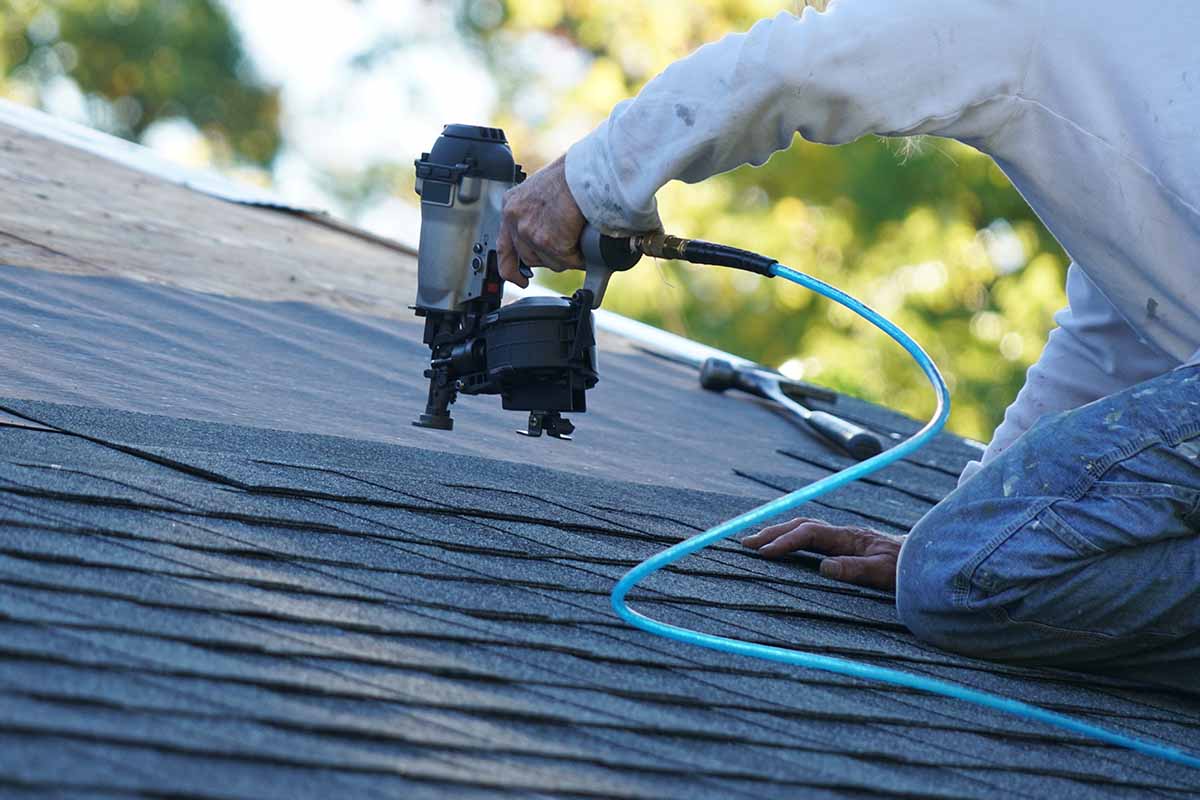The Benefits of Energy-Efficient Roofing for Lower Energy Expenses
Energy-efficient roof covering presents a compelling instance for property owners seeking to lower their utility expenses while boosting total convenience. By including innovative materials that reflect heat and improve insulation, these roof solutions can significantly reduce home heating and cooling down demands. This change not only equates right into immediate cost financial savings however also contributes to the lasting toughness of the roof itself. As power prices remain to climb, the effects of taking on such roof necessitate a closer evaluation. What added benefits might these materials offer past simply economic savings?
Understanding Energy-Efficient Roof Covering
Recognizing energy-efficient roofing starts with recognizing its critical function in enhancing a structure's thermal performance. Roof covering systems dramatically affect a structure's power consumption by regulating warm transfer in between the inside and exterior environments. An efficient energy-efficient roofing lessens warmth absorption throughout the warmer months and lowers warmth loss during colder periods, promoting a comfortable living or functioning space while lowering dependence on heating and cooling down systems.
The style and construction of energy-efficient roofs incorporate various functions that add to their effectiveness. These roof coverings generally consist of reflective materials that decrease solar heat gain, along with insulation layers that boost overall thermal performance. Proper ventilation is also important, as it assists to dissipate excess warmth and moisture, better boosting power effectiveness.
In addition, energy-efficient roofing can expand the life expectancy of the building's total structure by alleviating the damage associated with temperature fluctuations. This toughness converts into long-lasting expense savings, as homeowner might experience fewer repairs and replacements gradually. Inevitably, comprehending the fundamental principles of energy-efficient roof covering permits stakeholders to make educated choices concerning structure style and maintenance, advertising sustainability and financial benefits at the same time.
Types of Energy-Efficient Roof Materials
When selecting roofing products, homeowner have a selection of energy-efficient options that can substantially enhance a structure's sustainability. Amongst the most preferred products are reflective metal roof coverings, which efficiently mirror sunlight, lessening warm absorption. This characteristic not only assists preserve lower interior temperatures yet likewise prolongs the lifespan of the roof product.
Another excellent choice is great roofing membranes, usually made from modified asphalt or single-ply products. These membrane layers are created to show solar energy and can reduce cooling down prices considerably (roofing honolulu). Likewise, asphalt roof shingles with reflective granules can also enhance energy effectiveness while giving a classic aesthetic.

Additionally, floor tile roofs, particularly those made from clay or concrete, can contribute to energy efficiency due to their thermal mass, which assists manage interior temperatures. Eco-friendly roofs, featuring vegetation, deal insulation advantages and reduce city warmth islands, making them an increasingly popular option for eco-conscious building proprietors.
Influence on Utility Costs

Moreover, energy-efficient roof coverings can likewise improve thermal insulation, assisting to keep warm during colder months. This twin performance means that heating systems can operate much more efficiently, more adding to reduced power expenditures. House owners may see a reduction in both air conditioning and heating expenses, developing an extra balanced energy usage profile throughout the year.
In addition, numerous energy-efficient roofing alternatives include longer lifespans and much less maintenance demands, which can translate to additional expense financial savings in time. By spending in these products, homeowner can utilize on prompt decreases in energy costs while also delighting in long-lasting financial benefits. In recap, the impact of energy-efficient roofing on utility costs is significant, making it a sensible investment for those seeking to optimize their energy expenses.
Environmental Benefits
One significant pop over to these guys advantage of energy-efficient roof is its positive effect on the atmosphere. These roofing systems are developed to mirror even more sunlight and absorb much less heat, which considerably decreases the metropolitan warm island effect. By decreasing surrounding temperatures, energy-efficient roofs contribute to boosted air quality and minimized power need for cooling down in close-by structures.
In addition, the reduction in power intake reduces the dependence on fossil gas for electrical energy generation, causing reduced greenhouse gas exhausts (roofing honolulu). This not just mitigates environment change yet likewise reduces the dangerous pollutants launched into the ambience, profiting both human health and the ecological community

Lastly, the durability of energy-efficient roofings usually leads to reduced waste generation. Conventional roof materials might call for even more constant substitute, leading to use this link raised landfill payments. In comparison, energy-efficient choices tend to have actually extended lifespans, thus sustaining ecological stewardship. Overall, the environmental benefits of energy-efficient roof covering are considerable, making it a crucial consideration for eco-conscious home owners and home builders alike.
Enhancing Home Value
Buying energy-efficient roof covering can substantially boost home value, attracting an expanding market of eco mindful buyers. As awareness of climate change and sustainability surges, numerous prospective home owners focus on power efficiency when evaluating homes. A well-designed energy-efficient roofing not only decreases energy costs yet additionally demonstrates a commitment to environmental responsibility, making a home much more appealing in an affordable property market.
In addition, energy-efficient roofing materials, such as awesome roofs and solar tiles, usually come with extensive service warranties and lower maintenance prices, additionally enhancing a property's allure. This investment can cause a greater evaluation worth and can draw in purchasers ready to pay a premium for homes with lasting features.
Furthermore, energy-efficient roof coverings can enhance overall property aesthetics, as lots of modern materials use a selection of styles and colors. This adaptability permits homeowners to maintain building stability while achieving power savings. Ultimately, by picking energy-efficient roofing, house owners not just add to a more lasting future however likewise position their property for greater resale potential, making it a wise financial investment in both performance and bankability.
Conclusion
To conclude, energy-efficient roofing supplies a fantastic read substantial benefits, including minimized utility bills, boosted thermal performance, and environmental advantages. The usage of reflective materials and enhanced insulation not just decreases heat absorption and loss however likewise adds to reduce energy intake. Furthermore, these roof options can enhance home value and require less upkeep over time. Highlighting the relevance of taking on energy-efficient roof covering can result in substantial economic cost savings and a much more sustainable living setting.